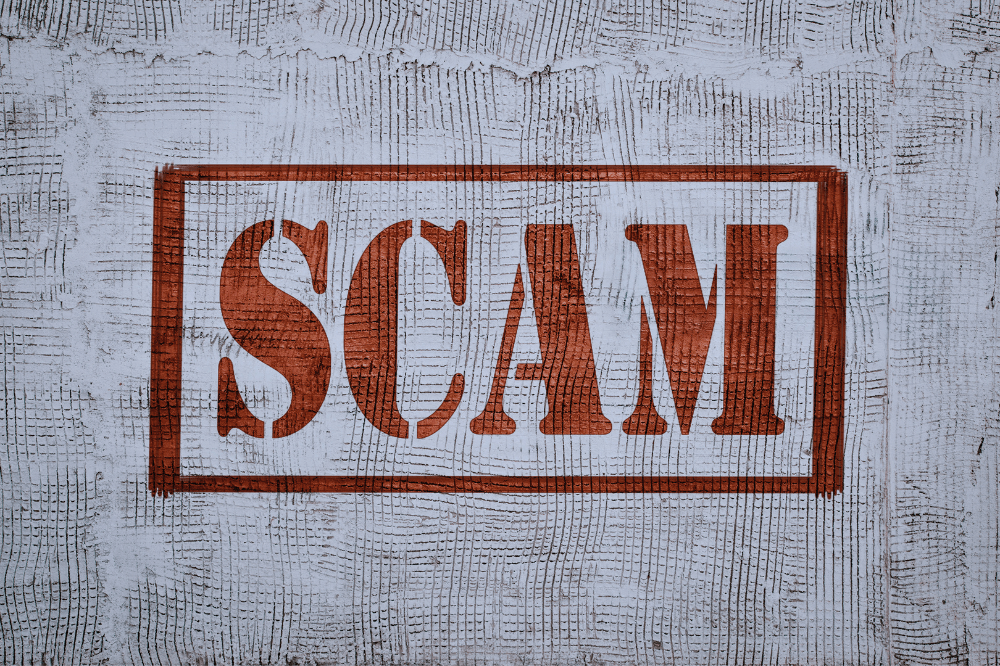Every year during tax filling season, scams cause stress for taxpayers in South Africa, so SARS has been issuing many alerts. Find out what they are!
Taxpayers in South Africa are being targeted by fraudsters, who are taking advantage of the urgency and importance associated with tax filing season by steal personal information and money. The South African Revenue Service (SARS) has been issuing several alerts to scams that have been going around.
In the past month, many fraudulent messages and emails have been used to targed people as part of typical phishing attempts. Many of these scams include: threats of SARS issuing court summonses against taxpayers, blacklisting taxpayers, or issuing stop orders on accounts, and sometimes even sending a notice implying that there are outstanding amounts owed to taxpayers.
Emails pretending to be from official SARS sources often come from addresses that aren’t associated with the tax agency, or they try to trick people by using addresses that look like official government ones. SARS has advised that if you’re ever unsure about an email supposedly from them, you should forward it to [email protected] for verification.
These scams are on the rise, especially those claiming to be about blacklisting or court summonses. This increase coincides with SARS becoming more aggressive in prosecuting taxpayers who aren’t complying with the rules.
How To Protect Yourself From SARS Scams
To best protect themselves from such scams, SARS noted that taxpayers should be aware of the following:
- Do not open or respond to emails from unknown sources;
- Beware of emails that ask for personal, tax, banking and eFiling details (login credentials, passwords, pins, credit/debit card information, etc.);
- SARS will never request your banking details in any communication you receive via post, email, or SMS. However, for the purpose of telephonic engagement and authentication, SARS will verify your personal details. Importantly, SARS will not send you hyperlinks to other websites – even those of banks;
- Beware of false SMSes;
- SARS does not send *.htm or *.html attachments;
- SARS will never ask for your credit card details.
Types of SARS Scams
- Phishing Emails and SMS: these messages appear to be from SARS, often with an urgent tone, threatening legal action or penalties if the recipient doesn’t respond immediately. They may contain links that lead to fake SARS websites designed to steal login credentials or personal details;
- Suspicious Phone Calls: scammers may impersonate SARS officials, claiming outstanding tax debts or promising tax refunds. They pressure individuals into making immediate payments over the phone using unusual methods like prepaid vouchers or money transfers;
- Social Media Impersonation: scammers may create fake social media accounts posing as SARS representatives. They may send direct messages or post comments, attempting to engage taxpayers in conversations and extract sensitive information.
If you want to check out more news and financial tips on our website, you can click on this link!

